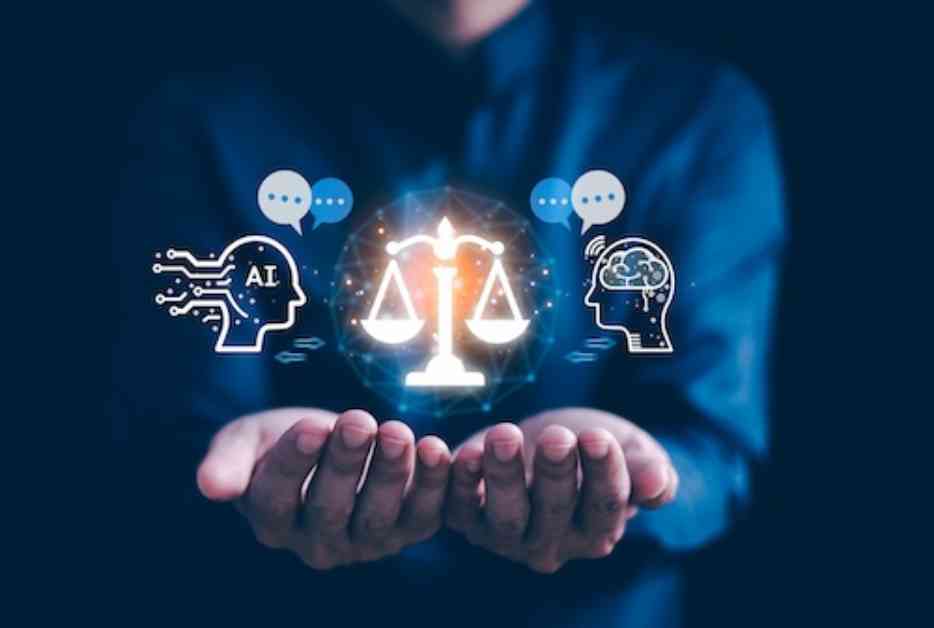The integration of artificial intelligence (AI) in education holds vast potential for reshaping teaching practices and enhancing student experiences. However, the use of generative AI in teacher training programs requires a nuanced approach that prioritizes cultural competency to promote inclusivity and equity. As an educator working with diverse schools and institutions, I have witnessed firsthand the transformative power of incorporating AI with a critical lens and a deep understanding of inclusive teaching practices. This article delves into the intersection of cultural competency and AI in teacher preparation, highlighting the importance of equipping educators with the necessary skills to navigate this evolving landscape effectively.
Cultivating Cultural Competency in Teacher Training Programs
Cultural competency stands as a foundational pillar in fostering student engagement and success. It entails acknowledging, respecting, and addressing the diverse backgrounds and perspectives of learners within the educational setting. Despite its significance, cultural competency often takes a back seat in teacher training standards, overshadowed by the emphasis on state assessments. In my interactions with educators, I have observed that creating a safe and inclusive environment for students to share their experiences is essential. By integrating students’ cultural backgrounds into the curriculum as integral components of learning, educators can demonstrate that all perspectives are valued and appreciated.
Moreover, social-emotional learning (SEL) plays a complementary role in nurturing trust, collaboration, and emotional well-being among students. The incorporation of SEL practices equips teachers with the essential tools to foster a supportive classroom environment where every student feels seen, heard, and respected. As educators embrace the principles of cultural competency and SEL, they lay a solid foundation for promoting inclusivity and diversity in their teaching practices.
Leveraging Generative AI for Educator Growth
Generative AI has emerged as a groundbreaking tool with the potential to revolutionize teaching practices and enhance efficiency in the classroom. By automating routine tasks and streamlining lesson planning, AI can afford teachers more time to focus on personalized instruction and student engagement. When utilized thoughtfully, AI can also aid educators in developing culturally responsive lesson plans that reflect the diverse lived experiences of their students.
However, the responsible integration of AI in education necessitates a critical examination of its potential biases and ethical implications. Scholars like Safiya Noble have shed light on how algorithmic biases can perpetuate harmful stereotypes, underscoring the importance of educators critically assessing and using AI technologies responsibly. By leveraging generative AI platforms to enhance their teaching practices, educators can uncover new opportunities for self-reflection, professional growth, and student-centered instruction.
Collaborative Initiatives and Future Outlook
Across various educational institutions and communities, collaborative initiatives are paving the way for the meaningful integration of AI in teacher training programs. Institutions like Notre Dame de Namur University are spearheading efforts to establish AI hubs that foster dialogue between educators, school districts, and professional organizations. By signing pledges and engaging experts in the field, universities are committed to equipping educators with the skills needed to navigate the evolving landscape of AI in education.
In California, initiatives such as the AI fellowship program at the San Mateo Union High School District and the interactive webinar series, The PLAIground, are empowering teachers to harness AI tools creatively and ethically in the classroom. These initiatives underscore the importance of human-centered teaching practices and provide educators with practical guidance on leveraging AI to create inclusive learning environments. Through collaborative partnerships and purpose-driven efforts, we can shape a future where culturally competent and technology-enhanced teacher preparation programs lay the groundwork for a more equitable education system.
As we envision the future of education, the fusion of cultural competency and AI literacy in teacher training programs holds the key to unlocking transformative possibilities for educators and students alike. By embracing these interconnected priorities and fostering a culture of inclusivity and equity, we can build a foundation where every learner feels valued and empowered. The strides we take today in prioritizing cultural competency and AI literacy will shape the educational landscape for generations to come, leaving a lasting impact on students, teachers, and communities.







